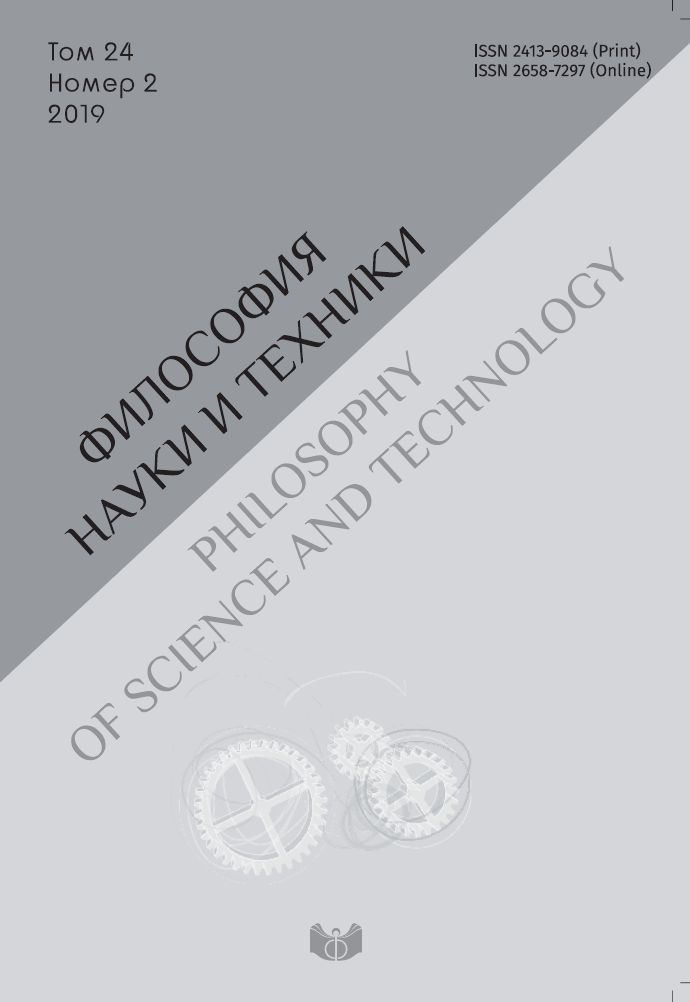Problems of interdisciplinarity in human knowledge: ideas and practices by Boris Yudin
DOI:
https://doi.org/10.21146/2413-9084-2019-24-2-5-20Keywords:
methodology, interdisciplinarity, projectivity, humanitarian knowledge, personal participation, human sciences, G.P.Schedrivitsky, B.G.Yudin, E.G.Yudin, bioethics, human potential, human health, human improvement, techno-science, nanotechnologyAbstract
The article has two interrelated tasks: first, to generalize the problems of interdisciplinarity in human knowledge from the discussions of the 50‒70s of the 20th century in the Soviet philosophical school, in connection with the work of Moscow methodological circle (G.A. Shchedrovitsky) on interdisciplinary practices of human and society. Secondly, to show the scientific interests of Boris Yudin, who devoted his professional life to interdisciplinary projects. He contributed to the development of theoretical and methodological issues of interdisciplinarity, worked in the field of practical humanitarian activities – bioethics, humanitarian expertise, etc. Important are the texts included in the book “Human: going beyond”, which was published in 2018 posthumously. Analysis of the texts of the book led to the conclusion that the personal participation of the scientist in prospective studies was conceptually important for Yudin. He did not agree that interdisciplinarity should be understood as a distributed joint product of the collective work of scientists from different subject areas of knowledge, given by scientific management. Yudin formulated a kind of “principle of necessary personal responsibility” of each scientist, bound by the meanings which, in their research, they “must search for themselves, at their own peril and risk”.











